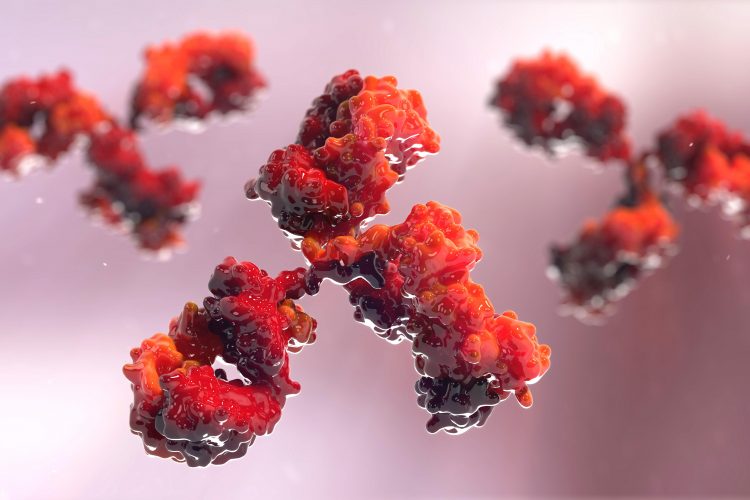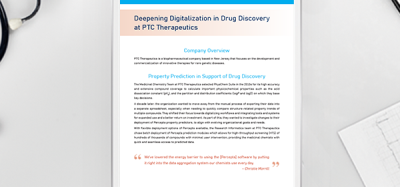FDA approves Keytruda for patients with high-risk, non-muscle invasive bladder cancer
Posted: 13 January 2020 | Hannah Balfour (European Pharmaceutical Review) | No comments yet
Keytruda is the first anti-PD-1 monoclonal antibody therapy approved for patients with BCG-unresponsive, high-risk, non-muscle invasive bladder cancer.


The US Food and Drug Administration (FDA) has approved Keytruda, the first anti-PD-1 monoclonal antibody (mAb) therapy, as a treatment for patients with Bacillus Calmette-Guerin (BCG)-unresponsive, high-risk, non-muscle invasive bladder cancer (NMIBC). The therapy is intended for NMIBC patients .
The approval, granted to Merck, is based on complete response rates of 41 percent in clinical trials.
“High-risk, NMIBC is a serious disease, characterised by frequent recurrences and progression,” said Dr Arjun Balar, associate professor of Medicine and director of Genitourinary Medical Oncology at NYU Langone Health’s Perlmutter Cancer Center. “Historically, patients with high-risk, NMIBC with CIS whose cancer is unresponsive to BCG treatment had limited non-surgical treatment options. As a physician who specialises in the management of bladder cancer, it is encouraging to now have a new treatment option for these patients.”
The approval was based on data from the KEYNOTE-057 trial, a multicentre, open-label, single-arm trial in 96 patients with the relevant condition.
Patients received 200mg of Keytruda every three weeks until unacceptable toxicity levels, persistent or recurrent high-risk NMIBC occurrence or progression in disease. Assessment of tumour status was performed every 12 weeks for two years and then every 24 weeks for three years. Patients without disease progression could be treated for up to 24 months. The major efficacy outcome measures were complete response and duration of response.
“Today’s approval of Keytruda reinforces our company’s commitment to expanding existing treatment options for certain patients with high-risk, NMIBC,” said Dr Scot Ebbinghaus, vice president of clinical research at Merck Research Laboratories. “As the first anti-PD-1 therapy approved in this setting, Keytruda will be a new clinical option for a patient population that previously had limited FDA-approved therapies available.”
Related topics
Anti-Cancer Therapeutics, Antibodies, Clinical Trials, QA/QC, Research & Development (R&D)
Related organisations
Merck Research Laboratories, New York University Langone Health, US Food and Drug Administration (FDA)









